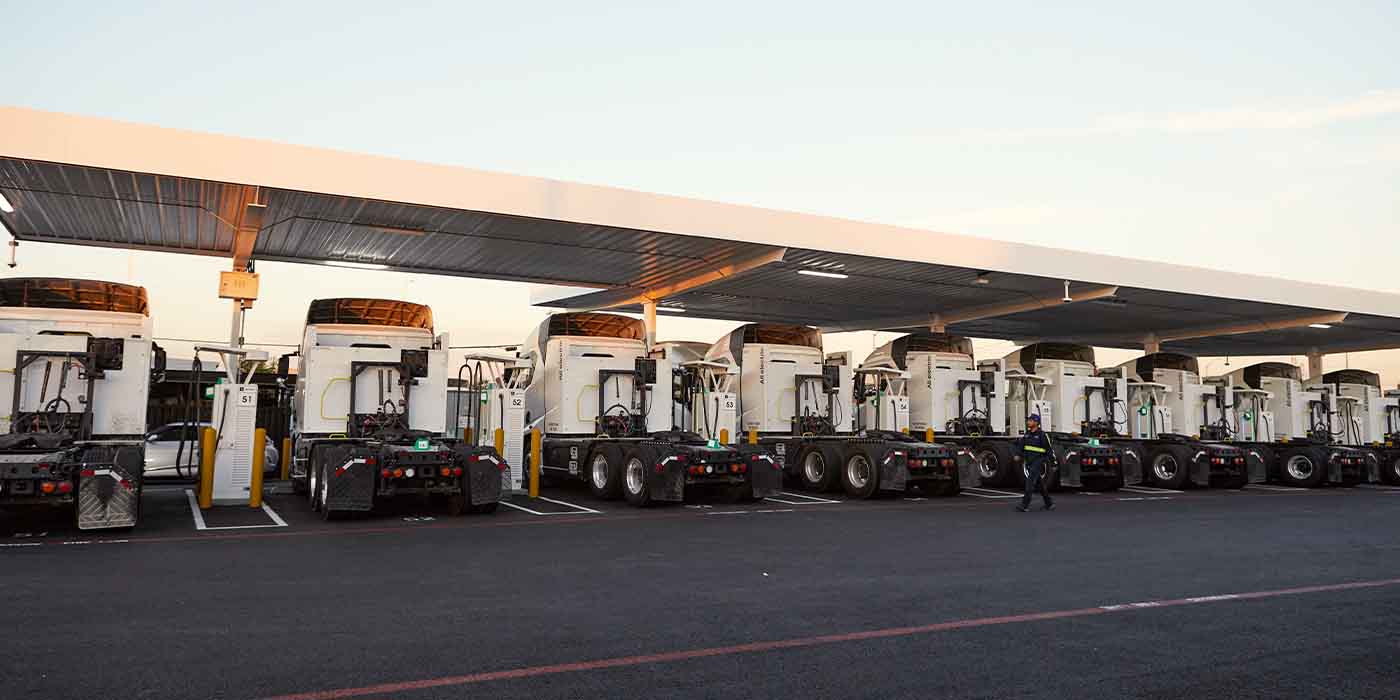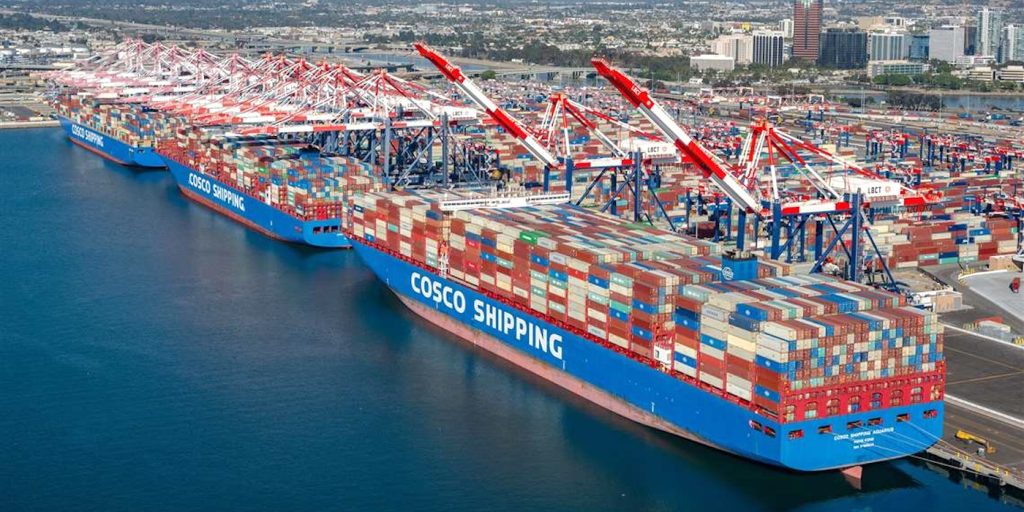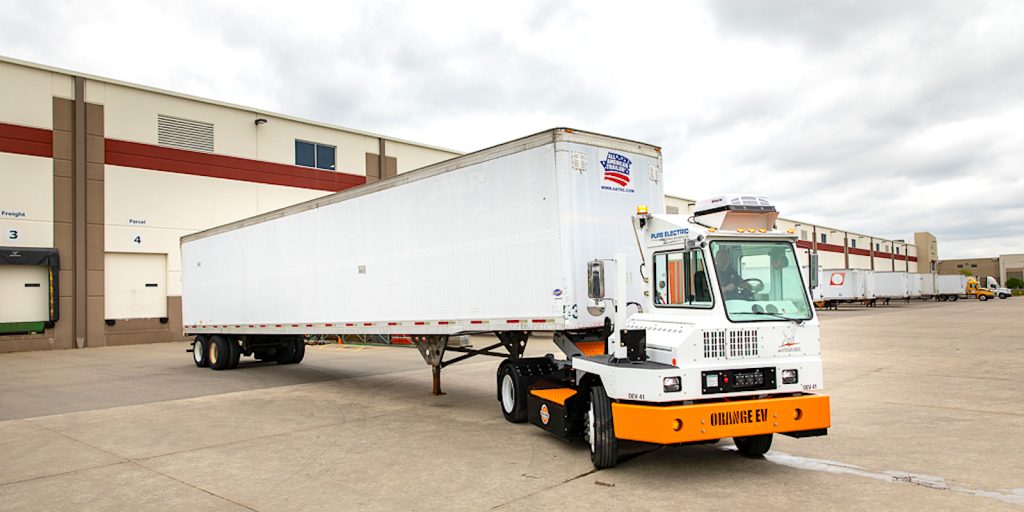
Multi-million-dollar grants adding up to more than $46 million from the US Federal Highway Administration (FHWA) will help support electrification efforts at several American ports.
The Long Beach Container Terminal (LBCT) in Long Beach, California has received a $34.9 million grant from the FHWA to replace 155 on-site commercial trucks and buses with zero-emission vehicles (ZEV). The grant will fund both the purchase of new electric trucks and the necessary charging infrastructure to support them.
LBCT said the grant dollars will allow it to continue its multi-billion dollar investments in more sustainable logistical operations. “Our vehicle electrification project, coupled with previous investments, enables LBCT to achieve a unique status that is reframing the way the world views sustainable goods movement, enhancing community quality of life and climate change,” said Anthony Otto, CEO of LBCT.
Real progress at Port of Long Beach

Back in 2018, Power Progress reported that the Port of Long Beach had plans to install zero-emissions cranes and cargo handling equipment at its terminals. True to its word, the port has invested more than $2.5 billion to convert its cranes and terminal tractors vehicles to electric equipment. It’s a project that LBCT says has led to an 86 percent (!) reduction in harmful carbon emissions.
“This investment is a huge win for clean air, electrification and the region,” said US House Rep. Robert Garcia. “These federal dollars will make our port cleaner, safer and help us meet our climate goals.”
In a separate announcement, charging infrastructure operator Voltera said that its sites in California and Georgia would receive $11.4 million of the FHWA funding.
Electrek’s Take

Container ports used to be some of the dirtiest, most heavily polluted areas in the world. That was bad for everyone – but it was especially bad for the people who lived and worked near them. That’s why any positive change is good. Beyond just “positive change,” however, ports today seem to be leading the way when it comes to electric vehicle and hydrogen adoption.
How things change!
